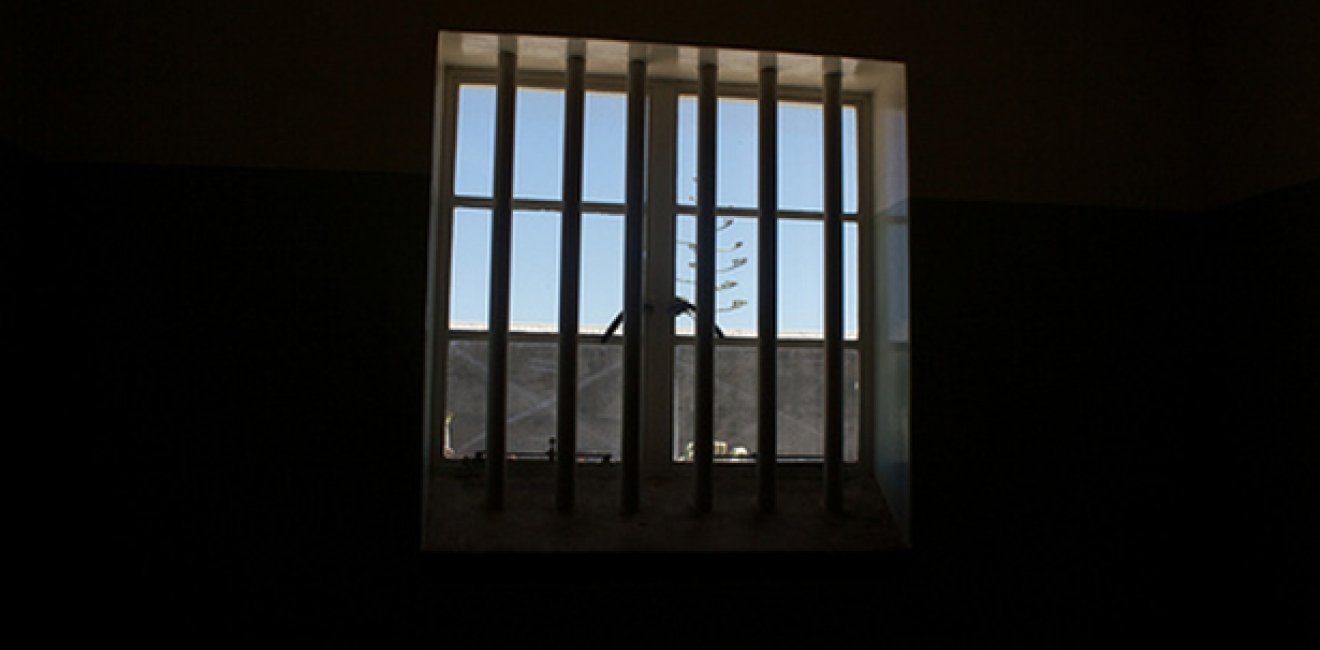
A blog of the Africa Program
"In the years before South Africa became a beacon of democratic progress, it was the site of some of the world's most notorious human rights violations. In addition to the crimes committed by the apartheid regime, there were violent clashes between supporters of the African National Congress and the Zulu nationalist Inkatha Freedom Party that left thousands dead. South Africa opted to grant amnesty for "political" crimes in exchange for truthful testimony through a restorative justice body known as the Truth and Reconciliation Commission.
But if the International Criminal Court had existed in the 1990s and applied the same evidentiary standards that were used to indict Kenya's leaders in 2011, it might very well have sought to charge Nelson Mandela, F.W. de Klerk, and Inkatha's leader, Mangosuthu Buthelezi, for the crimes that occurred on their watch, likely with fatal consequences for South Africa's successful transition.
Many South Africans were skeptical of the idea of a Truth and Reconciliation Commission, with its parade of sordid killers walking off scot-free.
But South Africa was afforded — and afforded itself — an opportunity to pursue its own solution to its challenge. If it worked in South Africa, it can work in Kenya, too. Our recent record of reforms demonstrates that we have an appetite to take up this responsibility.
Peace will not come from a court case in a distant land. While there is certainly a place for punitive justice, Kenyans must ultimately seek ways to confront our history with an eye toward acts of restitution rooted in the customary practices so many of our people still live by and believe in. If such restorative justice is still legitimate, then democratic countries like Kenya must be given the space to reform themselves and deliver it.
[…]
This matter goes beyond notions of state sovereignty. Countries should retain the right to pursue justice at their own pace, and using restorative methods in addition to punitive ones, if they believe that is more conducive to peace."
This excerpt was provided by the New York Times' op-ed contributor Martin Kimani, Kenya's permanent representative to the United Nations of Nairobi. The full version is available in the Opinion Pages of the New York Times here: http://www.nytimes.com/2013/12/05/opinion/kenya-can-heal-itself.html?pagewanted=1&_r=1
Photograph of Nelson Mandela's prison cell, attributed to Flickr user Sevitz.

Africa Program
The Africa Program works to address the most critical issues facing Africa and US-Africa relations, build mutually beneficial US-Africa relations, and enhance knowledge and understanding about Africa in the United States. The Program achieves its mission through in-depth research and analyses, public discussion, working groups, and briefings that bring together policymakers, practitioners, and subject matter experts to analyze and offer practical options for tackling key challenges in Africa and in US-Africa relations. Read more

Explore More in Africa Up Close
Browse Africa Up Close
The Innovative Landscape of African Sovereign Wealth Funds



